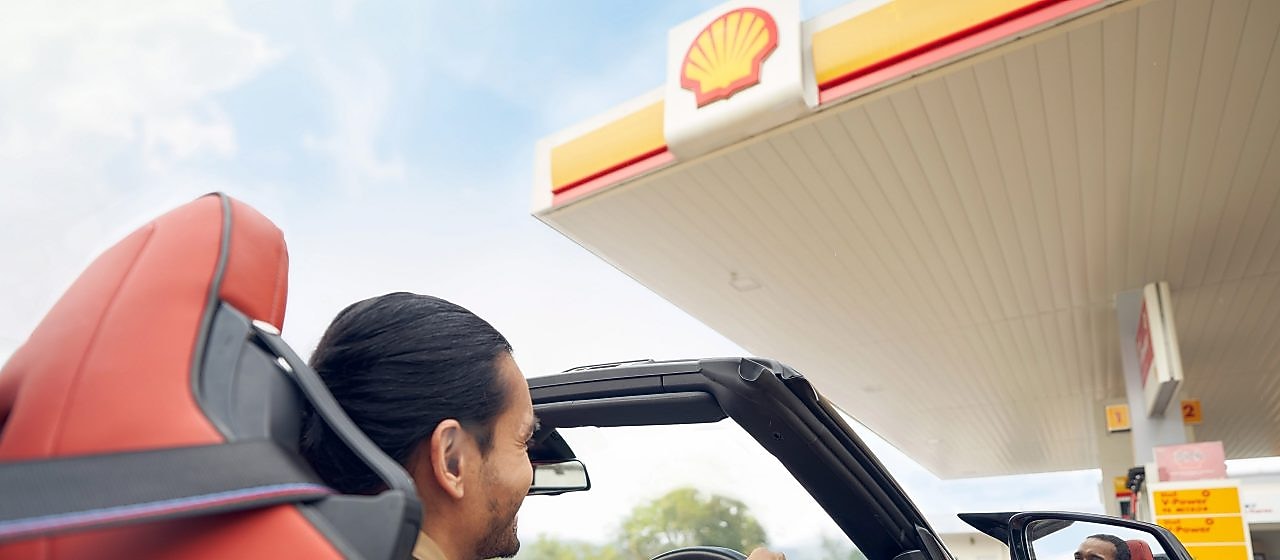
Raih sebanyak mungkin dari perjalanan berkendara Anda
Temukan inspirasi dan lihat bagaimana cara mendapatkan performa terbaik dari kendaraan Anda bersama Shell.

Temukan inspirasi dan lihat bagaimana cara mendapatkan performa terbaik dari kendaraan Anda bersama Shell.